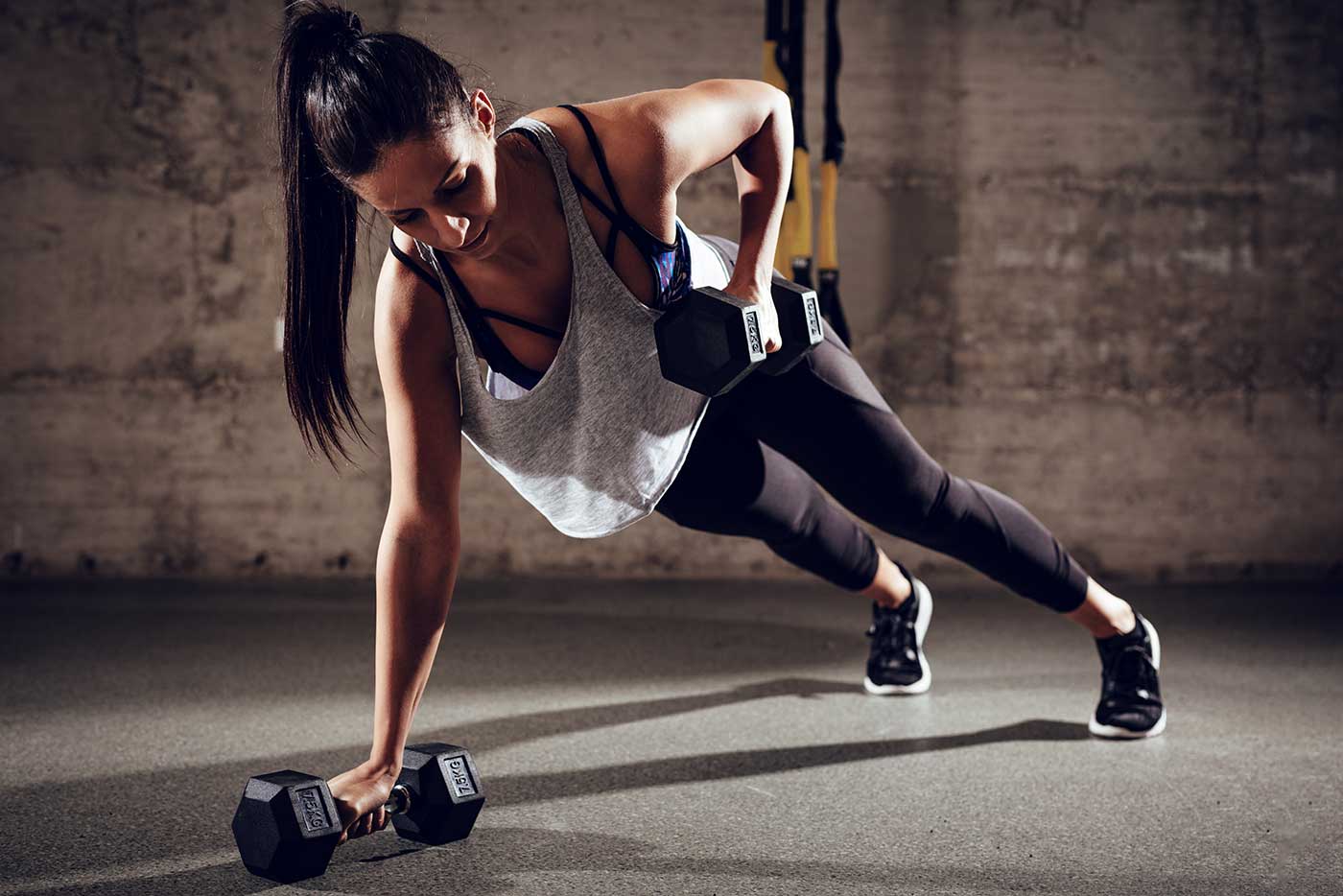With an overwhelming number of COVID-19 cases in Australia and the world, it’s likely you or someone you know has contracted the virus. While most people who have caught COVID-19 have only experienced mild symptoms thanks to vaccines, many still have reported experiencing shortness of breath and feeling sluggish for weeks afterwards.
Going back to your day-to-day lifestyle after recovering from COVID-19 will not be as easy as you expected. And going back to your regular exercise schedule will be exceptionally brutal. The virus can damage various organs, causing ongoing fatigue. For example, the cardiorespiratory system will have difficulty efficiently delivering oxygen to working muscles. The virus can also adversely impact your body’s blood-clotting mechanisms and cause lingering systemic inflammation. Recovered COVID-19 patients have documented damage to the lungs, heart and kidneys, as well as dangerous levels of blood-clot production. Some also report lingering pain, shortness of breath, brain fog and constant fatigue. Other people also experience heart arrhythmias, and some develop hypertension.
So what may have been a light to moderate exercise routine previously can feel quite intense now. Specialists warn that pushing yourself to the limits can be detrimental to your recovery. Even those at their peak physique and who have only suffered mild COVID-19 symptoms can struggle to go back to regular exercise after their infection.
How to Get Back to Exercise After Getting COVID?
There’s no solid rule when it comes to going back to exercise after COVID. Recovery can be different for everyone. The key is to listen to your body. The most crucial thing is not to spread the virus. So make sure that you don’t have any symptoms before going back to regular exercise outside or at the gym. In the meantime, think of any movement as a form of ‘exercise’. For example, getting up and going to the toilet or any other basic tasks throughout your day. Movement helps you stimulate your immune system and helps you in your recovery. Just make sure to have a balance. Once you feel exhausted, it’s a sign to take a break. You may also continue to feel mild COVID symptoms for around four to six weeks as you recover. Take a rest and resume your exercise once you feel up to it. Just remember, it’s not a race. Take it slow. If you have symptoms that are limiting you, this may be a sign something is not okay. You may need further help and should reach out to your doctor.
Be Patient With Your Body & Recovery
Taking a break from exercise can affect your confidence. You might worry about losing condition and struggling to keep in shape and be healthy. However, a friendly reminder: even professional athletes decrease their exercise for the Olympics. So listen to your body and do what feels right. You don’t want to injure yourself.
Take It Easy
Going back to exercise could be as simple as taking a shower, getting dressed or going back to mundane activities. It’s essential to engage in these activities before getting back to more vigorous activities and exercises.
When you are ready to exercise, start with something gentle, like walking and yoga, then gradually build exercise programs until you get back to where you were.
Consult Your Doctor!
If you’re not able to get back into your usual exercise because of fatigue, muscle aches and pains, or shortness of breath, it’s much safer to talk to your doctor and get further support to get fully recovered.
How Should I Approach Exercise After Having Covid?
We know how you’re itching to go back to your exercise routine after getting COVID. To some, getting back into exercise may be easy, especially for those who only had mild COVID. But most of the time it can be challenging, especially with ongoing symptoms. So again, listen to your body. It’s crucial to recognise what your body is telling you, whether to stop, be careful or get going. However, if you’re still experiencing heavy coughs or shortness of breath, it is an obvious sign to take a rest.
If you feel that you are getting worse, make sure to speak with your doctor.















